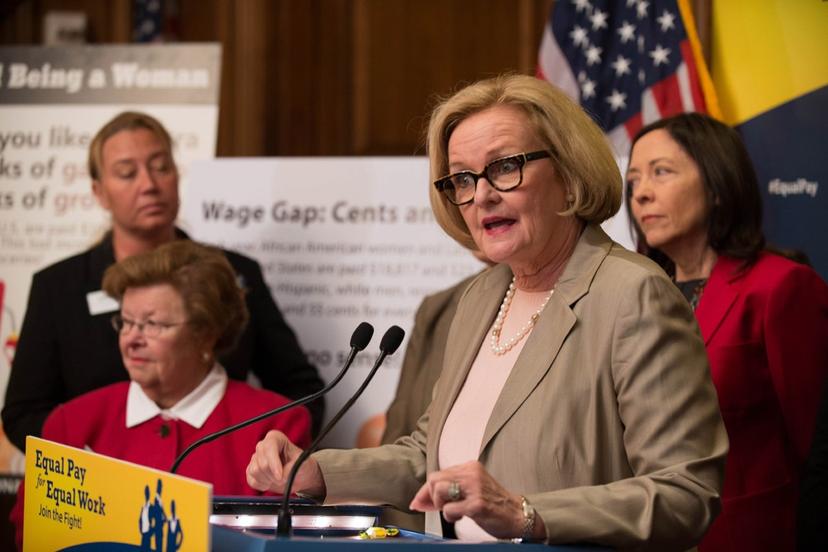Politics, Public Policy, and Activism

Structure
Government is one of the most important areas of our society where the issues that concern politics, public policy, and activism are discussed and are acted upon (or not acted upon). Government deals with matters of defense, crime prevention, the administration of justice, the conservation of the environment, education, fair labor practices, family law, the registry of property transfers, the purity of food and drugs, agricultural prices, the soundness of the currency, flood control, responsible banking practices, immigration, zoning, taxation, foreign trade policies, and many more concerns of daily life.
One way people influence the policies of government is by working for candidates or officeholders who favor certain policies. In addition to the many volunteers who canvass voters in the run-up to an election, political candidates above the lowest levels employ paid campaign staff, often including a press secretary to communicate with the media, a strategist (often hired as a consultant), a fund-raiser (again, often a consultant), a scheduler to arrange for appearances at meetings and events, and foot soldiers who coordinate volunteers and handle minor campaign responsibilities. In major campaigns, the strategist hires a staff for tasks such as opposition research and pays media consultants to produce advertising. Political parties also hire campaign workers to help their candidates.
A politician in a major office is supported by several workers, presided over by the chief of staff. Caseworkers respond to constituents and help them with any problems they may have with government matters. Legislative assistants keep track of the progress of bills and do research on associated issues to keep the officeholder informed. As in a campaign, there is a press secretary and a scheduler, plus clerical staff.
Many political campaign aides and staff members have a degree in political science, public administration, law, or public relations. The politicians themselves come out of many backgrounds. Many start at the local level by volunteering for a party committee or by running for a seat on the school board. Others achieve an understanding of public policy issues, as well as name recognition beyond the local level, through work experience as managers of industry or as activists in advocacy organizations.
One duty of officeholders is appointing officials of regulatory agencies. Although these officials often come from an extensive background in a particular industry where they have acquired expertise in the policy area that they regulate, they may benefit from a reputation for advocacy of policies that the appointing officeholder favors. This is why some of them have served in advocacy organizations.
Nonprofit advocacy organizations are major influencers of public policies. These groups, identified as 501(c) organizations in the federal tax code (they are tax-exempt), include those created by activist citizens and usually funded by small donors or charitable endowments; those created to represent professions or unions and usually funded by dues; and those created to represent industries and usually funded by for-profit corporations. Some examples are the American Cancer Society, the American Medical Association, and the Edison Electric Institute. These organizations get their point of view presented in the news media partly by issuing press releases, partly by responding to the queries of journalists working on stories, and partly by advertising. They also spread their ideas in media other than the news by advertising and by creating their own media content, such as social media messages and Web videos. They sometimes support political campaigns by providing volunteers, donating funds directly, or providing issue-oriented advertising.
Advocacy organizations and many large businesses have a government relations department that is charged with lobbying legislators and officials in regulatory agencies. Workers in a government relations department may have a background in law, public relations, or journalism. Some advocacy organizations and corporations hire a lobbying firm to represent their interests. Professional lobbyists often come from a background in law or public administration. Many are former officeholders or regulatory officials who benefit from their good contacts in government and their understanding of its workings. Those who lobby Congress must register; in 2019, there were 11,862 registered lobbyists, which was a slight increase over the 11,656 registered in 2018, according to the research group Statista. The number of registered lobbyists fluctuates. For example, from 2000 through 2016, there had been a steady decline in the number of registered lobbyists. To be considered a registered lobbyist one must spend more than 20 percent of their time lobbying. Many people lobby part time and thus do not register.
Religious, grantmaking, civic, professional, and similar organizations employ more than 1.37 million workers, including 194,860 business operations specialists and 12,870 managers for fundraising and public relations; 50,700 media and communication workers; 27,500 fund-raisers; 62,500 top executives; and 6,850 lawyers.
The news media provide an arena where public policy issues are discussed. All news coverage may be considered slanted, because the mere choice of a story to cover often implies that a public policy issue deserves attention. News media that are heavily slanted are likely to feature news commentators whose message is consistent with the narrative established by the news coverage.
